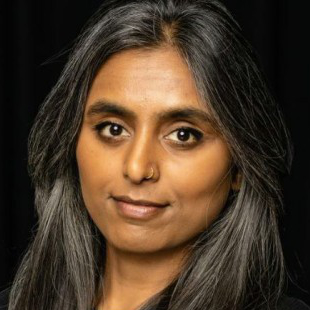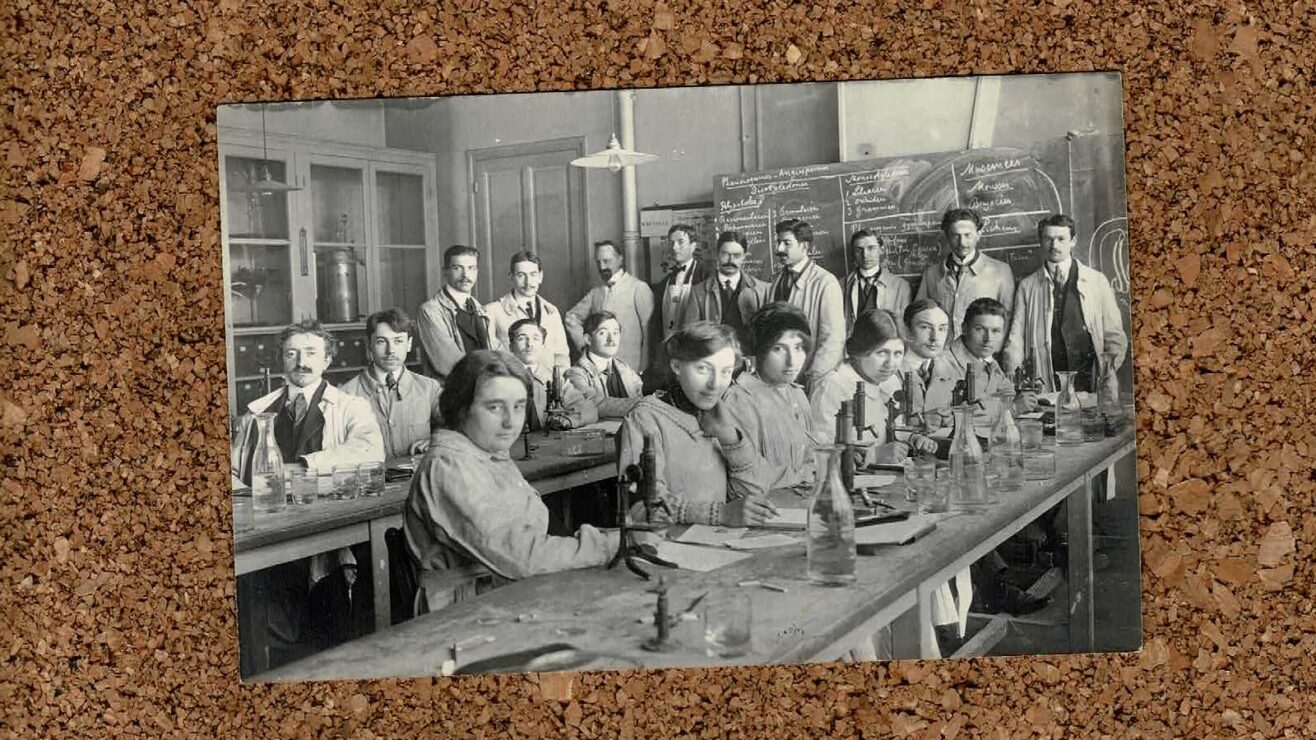The Global Majority Mentoring Programme, delivered by London Higher, aims to support career progression for Black, Asian, and minority ethnic (BAME) staff by providing tailored mentoring relationships and learning opportunities for academics and professional services staff.
I joined the programme as a mentee in 2023–24 while seeking support during my time as head of two merged divisions in the School of Law and Social Sciences. For me, mentoring is an exchange of knowledge and experience, and I was looking for a woman of colour in a leadership role outside my own institution with whom I could turn to for advice on navigating the unique challenges I was facing in confidence.
The programme was recommended to me by a colleague who recognised that, as the only non-white member of the school leadership team, I faced specific challenges which, although acknowledged by the rest of the team, could only be supported to a limited extent given that the remainder of the team were white. They understood that someone with lived experience of both race and gender might be better placed to offer the kind of support I needed. I was matched with someone in an Associate Dean role who I met with regularly for three months. She validated my experiences especially when I was second guessing myself, she also offered me guidance and advice on navigating career progression and insights on HE headhunters.
In addition to the mentoring, I also took part in the two-day Learning Leaders Workshop, delivered in partnership with the mentoring programme and the University of Westminster. I approached the workshop ambivalently while hoping it would offer more than the surface-level training I had experienced in the past. Previous programmes had often been underwhelming, failing to meet expectations and lacking depth. One in particular was overcrowded, with more than twenty participants, which made it difficult to engage in the kind of deep thinking that individual and collective inquiry needs.
Surface pressure
Reflecting on these past experiences, I began to question the broader purpose and structure of leadership development in higher education. Despite good intentions, many leadership development initiatives in higher education appear to remain disconnected from the structural changes reshaping the sector. And it is not always clear why line managers support staff participation in these programmes when, in practice, there appears to be limited opportunities to apply or build on the learning.
This concern feels especially pressing now, as the sector undergoes significant transformation, with widespread voluntary redundancies affecting many institutions across the UK. I fear that higher education is losing emerging talent at an alarming rate. While the current focus is largely on financial viability, we may be overlooking a more profound long-term issue, the need to reimagine what leadership in higher education looks like. The urgency of building a future-focused leadership pipeline is growing, particularly as ongoing threats to equity, diversity and inclusion continue to challenge the sector’s values and resilience.
Amid this context of uncertainty, where many of us are increasingly time-poor and juggling demanding workloads, I hoped the Learning Leaders workshop would offer a more meaningful and impactful experience. Taking time out of our busy schedules for training must feel worthwhile, rather than merely another tick-box exercise to meet 360 performance management targets. To my surprise, several aspects of the workshop turned out to be both unusual and thought-provoking.
Leadership through lived experience
Notably, there were just six of us in the room, all women, all from the global majority. Throughout the two days, I found myself reflecting on this. Why is it that I so often see more women than men who feel the need to be “trained up” for leadership? This prompted broader questions about gender, expectations and who is seen as ‘ready’ for leadership roles in our institutions. Women lead in many areas of life, particularly those of us who are parents or and carers. We are skilled problem-solvers, strong networkers, and we manage complex responsibilities every day.
In my role as Head of Division, I noticed a recurring frustration among female academics who felt that the emotional labour involved in providing pastoral care to students often went unrecognised. There was a shared sense that this responsibility frequently fell to them, with both students and male colleagues appearing to expect them to take it on. Yet we rarely describe care and pastoral work as leadership.
The programme was not a traditional form of training in any sense. Instead, it offered a series of facilitated sessions that created space for us to reflect, share, and learn from one another’s experiences. Together, we explored how we each learn which was presented in four quadrants – body, heart, mind, and spirit – and how to make the most of this intel within a team setting. This deeper understanding uncovered the strengths within our own leadership styles and helped us consider how best to apply them in our professional contexts. We took time to reflect on how leadership is defined and, more importantly, where it is learned and practised.
Leadership, we came to understand, is not something taught in a conventional way but rather something that evolves through lived experience. It happens in both personal and professional settings, though we might not always recognise it as leadership in a formal or professionalised sense. The workshop took a holistic approach and illustrated how knowledge can emerge through embodied learning, incorporating philosophical inquiry to uncover deeper insights into our individual and collective strengths. This is when it occurred to me, for the first time, that developing leadership practice is best done in communities of practice.
By the end of the two days, we weren’t “trained” by the facilitator in any traditional sense. Instead, the leadership wisdom we uncovered emerged from within our own group, the Super Six, which is what we have come to be known as and was brought to light through Keith’s expert and highly unconventional facilitation, which gently led us to that shared discovery.
Many paths to leadership
In hindsight, the Learning Leaders workshop gave me the space to actively explore the “what next” and “how next” of leadership. A series of thoughtful one-to-one conversations with one of the Super Six proved particularly impactful. Their questions led me to reflect deeply on new possibilities for academic leadership, including working as a freelance scholar, moving to a different institution, or stepping outside the sector altogether. I have always held a personal principle not to remain in one institution for more than ten years, out of concern for becoming institutionalised and limiting my professional growth. After several thoughtful conversations with my Dean, I came to the difficult but right decision to leave at the end of 2024.
Since then, I have had the privilege of working with several universities and organisations from teaching, advising, researching and collaborating on projects – all of which have been intellectually energising and impactful. There is no one way to lead, and the Learning Leaders workshop reminded me that there are many paths to leadership, each shaped by context, values and personal experience.
If there is any advice that I could offer to emerging leaders from global majority backgrounds, it would be to identify a sponsor with decision making power within the institution, a mentor outside of the university for confidential developmental advice and identify role models across different sectors and who do leadership well so you can begin building your own community of practice.
This article is one of four exploring London Higher’s Global Majority Mentoring Programme – you can find the others here.














An encouraging and thought provoking piece by an enlightened, scholarly, member of the global majority. What I found iespecialy insightful was the recognition of the leadership that people often use outside of the academy in their day-today life, is seldom recognised and utilised within the academy, often to the latter’s detriment. We need a reframing of what leadership means in the academy, and the introduction aof new deal for leadership, and its rewards.